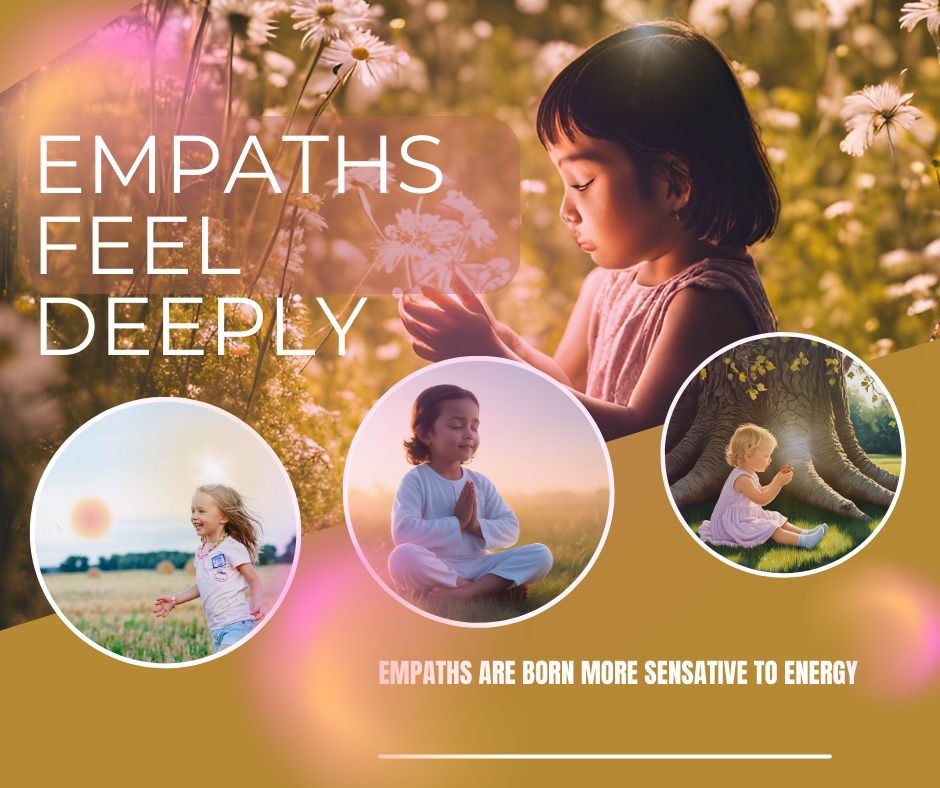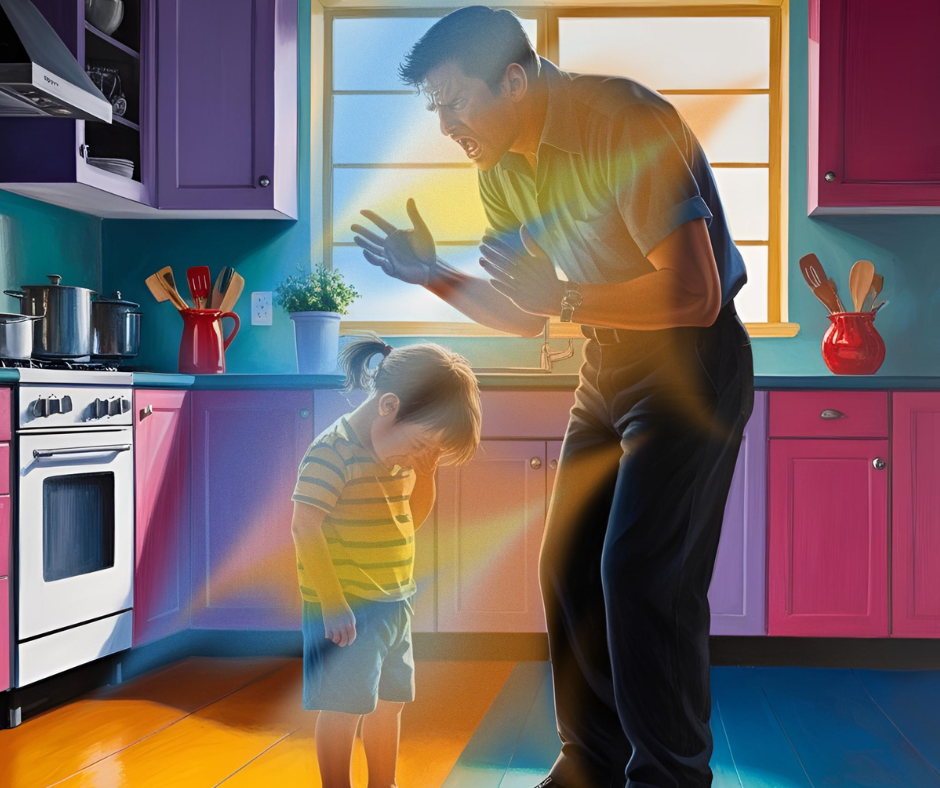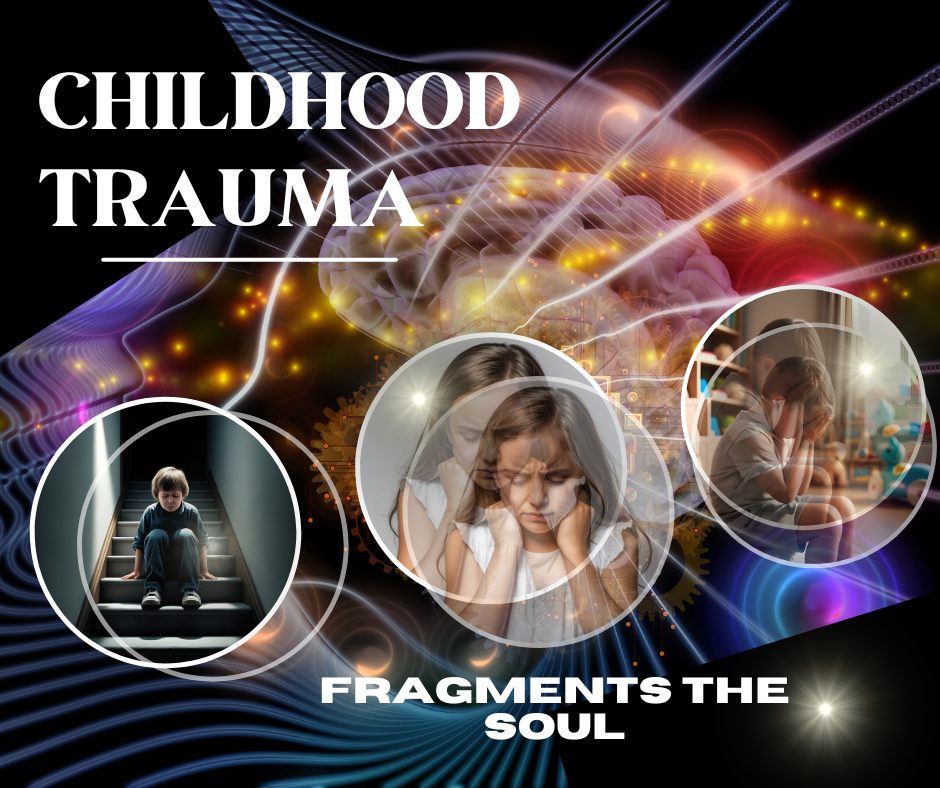We’re all born with some level of empathy—the natural ability to connect with and understand the feelings of others. But being born an empath is something quite different.
Have you ever felt like you were too sensitive? Like the world around you was just a bit too loud, too chaotic, or too much?
Did you, even as a child, seem to feel what others were feeling without them saying a word?
Were you ever overwhelmed by the energy in certain places, or drained after spending time with people, even when nothing “bad” happened?

As an empath and a sensitive person myself, I grew up with the ability to see spirit and feel energy, so I understand firsthand how challenging it can be to navigate both the seen and unseen worlds. It can feel confusing, overwhelming, and at times, isolating—especially when those around you don’t experience life in the same way.
Over the years, I’ve learned how to manage and honour my sensitivity, rather than be ruled by it. In my work, I’ve often picked up on empathic traits in clients—sometimes even before they’ve been able to name it themselves. Many have shared that they’ve always felt different: highly sensitive, deeply intuitive, and profoundly affected by the emotions and energy around them.
Some have buried these parts of themselves to feel accepted, while others come to me emotionally drained, worn out from years of absorbing energy that was never theirs to carry. I truly understand how overwhelming that can feel.
If you’ve spent your life feeling deeply, giving endlessly, or struggling to make sense of your sensitivity, please know you’re not alone. There is a gentler, more empowered way to move forward.

Do You Remember Feeling Energy as a Child?
Think back for a moment…
Did you ever walk into a room and instantly feel tension before anyone even spoke?
Did certain people make you feel safe, while others left you feeling drained or uneasy, even when you didn’t know why?
Did you cry easily, or feel things more deeply than your friends or siblings?
Many empaths say they’ve felt this way for as long as they can remember. Some even recall sensing spirit or knowing things they couldn’t explain. You may have been aware of others’ feelings, animals in distress, or the emotional undercurrent in your home, even when no one talked about it.
This kind of sensitivity is more than just emotional—it’s energetic, physical, and often spiritual. You may have had strong intuition, vivid dreams, or even experiences with spirits that left you questioning your own reality. But without support, this beautiful sensitivity can feel like a burden.

Empaths Feel More Than Emotions—They Are Energetically and Spiritually Aware
Empaths don’t just feel emotions—they absorb them. But their sensitivity often goes far beyond the emotional. Many empaths are physically and spiritually aware, sensing energy shifts, intuitive messages, and even the presence of spirit. They may walk into a room and feel an unspoken heaviness, or experience physical sensations that mirror someone else’s pain. These intuitive abilities are often present from a young age, long before they can be understood or explained.
Some empaths can sense the emotions of others without words, feel drawn to healing or spiritual work, or experience dreams and visions that later prove insightful. They live in constant dialogue with the unseen world, feeling the vibration of people, places, animals, and even the Earth. While these gifts can be beautiful, they are also overwhelming without guidance, grounding, and support.

The Empath’s Energy Field: No Boundaries
Energetically, empaths often have a more open or porous energy field, which can make them especially vulnerable to absorbing the emotions and energy of others, whether from people, animals, or even the environment. They may suddenly feel emotional or in pain without any clear reason, only to later realise they’ve taken on something that wasn’t theirs to begin with. Some describe it as a rush of energy or a buzzing in the nervous system, followed by an intense emotional wave.
Because their energy field can be so sensitive, empaths can struggle to know where they end and someone else begins. This lack of energetic separation can be deeply confusing and overwhelming, especially when it’s been happening since childhood and the person has never been understood or supported.
And What If You Grew Up in a Challenging Home?
Now imagine being that sensitive child… but growing up in a home that was unpredictable, emotionally intense, or unsafe.
If you had a parent who was volatile, withdrawn, anxious, or struggling with their own pain, you may have learned to scan the energy around you constantly, trying to stay one step ahead of conflict or disappointment. This hyper-awareness becomes a way to survive.
But over time, that survival mechanism wires your nervous system to stay on high alert. And as you grow older, you may still find yourself feeling overwhelmed, anxious, or emotionally flooded for no clear reason. That’s not weakness—that’s your body still trying to protect you.
Sadly, many empaths carry this deep sensitivity into adulthood without understanding where it comes from. They struggle with anxiety, depression, low self-worth, emotional exhaustion, and even physical symptoms like chronic fatigue, headaches, or autoimmune issues.
Does any of this sound familiar to you?
Empaths and the Psychology of Hypervigilance
Many empaths are not just sensitive—they are hypervigilant. This is more than emotional attunement. It’s a survival strategy developed in childhood when the nervous system was trained to scan for danger, unpredictability, or emotional shifts in others.
Children who grow up in emotionally chaotic, neglectful, or unsafe environments often become empaths out of necessity. If a parent was unpredictable, depressed, angry, or emotionally unavailable, the child learned to monitor every facial expression, tone of voice, or energy shift to stay safe. This can wire the brain and body to constantly anticipate others’ needs or moods.
Over time, this survival-based sensitivity becomes the empath’s natural state. But living this way—always attuned to others, never feeling fully safe or at ease—can lead to long-term impacts on mental health. Anxiety, depression, emotional dysregulation, dissociation, and even chronic fatigue or autoimmune issues are not uncommon among empaths who grew up in these types of environments.

How do Empaths Manage Trauma
Many empaths try to cope by numbing their feelings. Some turn to self-destructive behaviours to avoid the intensity of their emotion. Others shut down entirely, disconnecting from their emotions in an effort to protect themselves. But when emotions are blocked, it doesn’t create peace—it creates isolation.
To others, they may appear cold or distant, but inside, they are often overwhelmed and alone. These coping strategies can impact their health, relationships, and sense of identity. And because many empaths have never been taught how to manage their sensitivity in a healthy way, they often believe something is “wrong” with them, when in truth, they are simply overwhelmed by too much input from the world around them.

What’s often overlooked is the energetic fragmentation that happens when a sensitive person experiences trauma, especially in childhood. When an experience feels too overwhelming to process, a part of the self may disconnect or “freeze” in time. This is a natural protective response, but over time it leaves the person feeling incomplete, anxious, or emotionally stuck. You might feel like parts of you are missing, like you’re not fully present, or that you’re constantly searching for something you can’t quite name.

To truly heal, we must go back to the places within us that were fractured. Healing the inner child—the part of you that first felt unsafe, unseen, or overwhelmed—allows you to begin integrating those lost pieces of yourself. As the inner child begins to feel safe, the nervous system starts to regulate, and your energy field becomes more stable. You’re no longer absorbing everything around you—you’re grounded in your own essence.
This deep inner work isn’t just emotional—it’s energetic. And it can make all the difference in helping empaths feel whole, safe, and empowered again.
How Being an Empath Impacts Relationships
Empaths often give too much in relationships. They feel the needs and emotions of others so strongly that they may prioritise those feelings over their own. This can create imbalance, burnout, and codependency.
Many empaths:
- Struggle with asserting their needs or setting boundaries
- Feel responsible for other people’s happiness
- Attract emotionally unavailable or draining partners
- Withdraw from connection to protect themselves from overwhelm
- They may long for a deep connection but feel unsafe trusting others with their vulnerability. Healing begins with learning how to separate their energy from others and develop a solid sense of self.

Reconnecting with the Inner Child: The Key to Feeling Safe Again
A powerful part of the healing journey is reconnecting with the inner child—the part of you who first learned it wasn’t safe to feel, to ask for what you needed, or to just be yourself.
When we integrate and nurture this part of you, something profound begins to happen: your nervous system starts to calm, your sensitivity becomes manageable, and your energy begins to feel like yours again.
You no longer feel like the emotions of others are yours to carry. You start feeling stronger, more centred, and more emotionally resilient. Instead of being ruled by your sensitivity, you learn to work with it.
This is the path of integration—bringing back the lost parts of yourself and weaving them into your whole being with love, compassion, and safety. And when the inner child feels safe again, you do too.

How I Support Your Healing Journey
In our work together, I offer a safe and supportive space where you can begin to reconnect with your true self. Together, we’ll gently explore and heal the deeper layers of your experience so you can feel more whole, balanced, and empowered.
You’ll be supported to:
- Clear and release energy that doesn’t belong to you
- Rebuild healthy psychological and energetic boundaries so you feel safe and grounded
- Retrieve energy lost through trauma, stress, or emotional overwhelm
- Reconnect with and heal your inner child, creating emotional safety in your present-day life
- Strengthen your sense of identity, confidence, and personal power
This is about coming home to yourself—piece by piece, with care, presence, and compassion.
Through our sessions, you’ll discover how to:
- Consciously disconnect from other people’s energy
- Strengthen your energetic field and emotional boundaries
- Reconnect with your body and inner wisdom
- Regulate your emotions so you feel calmer, more grounded, and in control
Most importantly, you’ll begin to embrace your sensitivity as a gift—one that, when understood and supported, can empower you in ways you may not have imagined.

Integrated Therapy
Through integrated therapy, you’ll begin to heal from the inside out. Your sensitivity will become your superpower, and connecting to your inner strength will start to feel more natural. It all begins with understanding yourself—and remembering who you truly are.
If you need support to help manage your emotions or energy, I’m here to help and would love to walk that path with you.
Please contact Donna on 0424 300 678, and we can organise your booking. I look forward to hearing from you soon.
